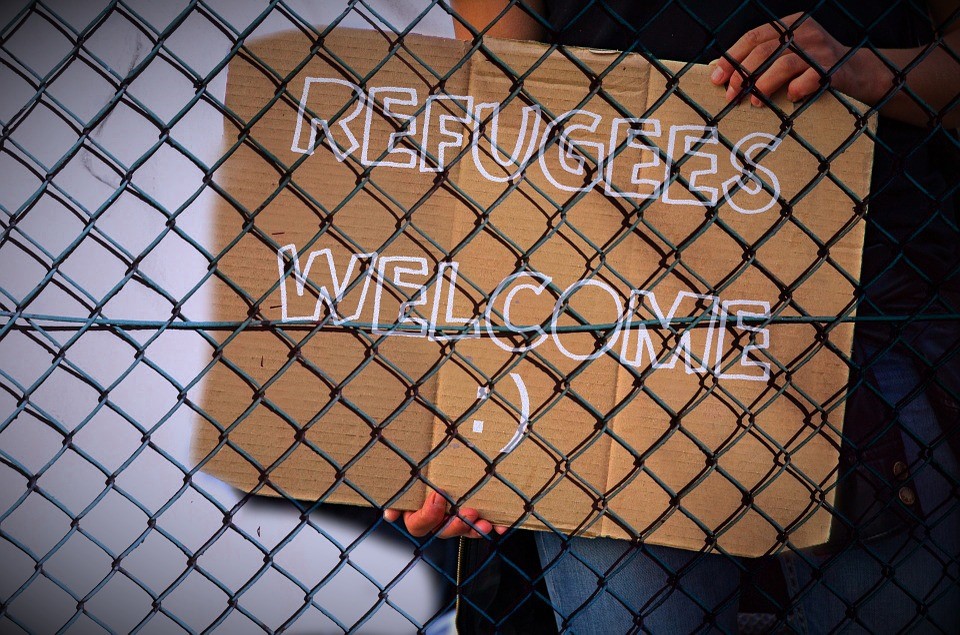
Psychologists, GPs, surgeons, nurses and psychiatrists raise concerns for the wellbeing of asylum seekers
The ratification of the Optional Protocol to the Convention against Torture and Other Cruel, Inhuman or Degrading Treatment or Punishment (OPCAT), announced by the Australian government in February 2017, was implemented in December.
The federal government is moving to work closely with different states and territories to prevent torture incidents in detention sites. However, there is the exclusion of the monitoring of offshore refugee detention sites in Nauru and Manus Island.
Australian industry organisations including the Australian Psychological Society (APS), the Royal Australasian College of Surgeons (RACS), the Royal Australian College of General Practitioners, the Royal Australasian College of Physicians (RACP), Royal Australian & New Zealand College of Psychiatrist (RANZCP), and Australian College of Nursing (ACN) have come out in support of the health of refugees or asylum seekers.
The APS believes that the transparency in detention site operations is an essential move to respond to recent Royal Commissions on youth detention in the Northern Territory and institutional child sexual abuse.
APS President Anthony Cichello said:
“Many psychologists have worked in detention environments and can cite ample evidence from research and practice of the mental health impacts of the violence, neglect, harassment and abuse of human rights that can occur in closed, poorly supervised environments.”
Despite the APS welcoming OPCAT, Mr Cichello expressed the organisation’s disappointment towards the exemption of the offshore detention sites on Manus Island and Nauru from the coverage of OPCAT due to the fact that these locations are under the jurisdiction of the Nauran and PNG governments.
According to Mr Cichello, research supported by psychologists and other mental health professionals clearly indicates the devastating impact on people’s mental health and wellbeing caused by being warehoused in remote locations.
Mr Cichello reiterated the urgent and immediate protection of refugees in these areas against human rights violations:
“They urgently need clean water and healthy food, and access to medical and mental health services. They need to be protected from danger and discrimination. They also need to be able to make connections with family and friends. Importantly, they need to be able to hope that a decent life is possible.
RACS, mirroring the same concerns and stating that a good quality standard of care for asylum seekers is a basic human right. They pointed out that their strong presence in Asia-Pacific in providing specialist medical education and medical aids puts them in a position to provide expert input and support to the governments involved for the resolution of the health concerns of the refugees.
To strengthen their call for access to quality holistic healthcare for asylum seekers, ACN Acting CEO Anne Samuelson reiterated the position statement ACN released in 2015 regarding the protection of the health, welfare, and dignity of refugees and asylum seekers and their children.
“Access to comprehensive health care should be available regardless of visa status and whether refugees and asylum seekers are living in on-shore or off-shore immigration detention centres or in the community,” she said.
In a joint letter addressed to Federal Minister for Immigration and Border Protection Peter Dutton MP, Federal Minister for Health Greg Hunt MP, Minister for Aged Care and Minister for Indigenous Health Ken Wyatt MP, and Assistant Minister for Health David Gillespie MP, organization leaders of the RACGP, RACP, and RANZCP are calling for the availability of and access to a quality healthcare for asylum seekers transferred from Manus Island to Papua New Guinea.
“Many of the men who have recently been transferred from Manus Island to PNG will be experiencing significant trauma, so our government must ensure they receive immediate care to improve their health and wellbeing” said RACGP President Dr Bastian Seidel.
“Prolonged or indefinite detention itself is known to contribute to adverse mental health and asylum seekers and refugees continue to have inadequate access to the necessary supports and services they require in offshore detention” said RANZCP President Dr Kym Jenkins.
“Australia has a moral obligation to ensure asylum-seekers are medically assessed, treated promptly and offered a standard of care that they would receive in any Australian hospital or community” said RACP President Dr Catherine Yelland.
The RACGP, RACP and RANZCP have requested:
- Improved transparency of information on the living conditions and access to healthcare services.
- Expedited action to ensure suitable and secure living conditions with adequate water, power and sanitation.
- Urgent action to ensure Lorengau General Hospital is sufficiently resourced to meet the needs of refugees and asylum seekers for emergency and specialised health care.
- Appropriate, rapid transfer processes for refugees and asylum seekers who are too ill to be managed on Manus Island.
- Assurance that refugees and asylum seekers will continue to be provided with their medications as needed.
- The urgent establishment of a fully staffed mental health service with enhanced primary care, psychological treatment, torture and trauma counselling, out-reach and emergency service first responder support capabilities.
- Regular independent assessment of the physical and mental health of refugees and asylum seekers in Papua New Guinea by suitably qualified personnel.
- The establishment of a trusted intermediary to facilitate engagement between asylum seekers with the host community and relevant authorities.
More articles on My Health Career:
- 2017 – My year in review – by Amanda Griffiths, founder My Health Career
- Paramedicine Board of Australia to be established, nursing & midwifery to be established as separate professions & AHPRA disciplinary enforcement powers to be strengthened
- A big YES from Australians and the health industry on same sex marriage
